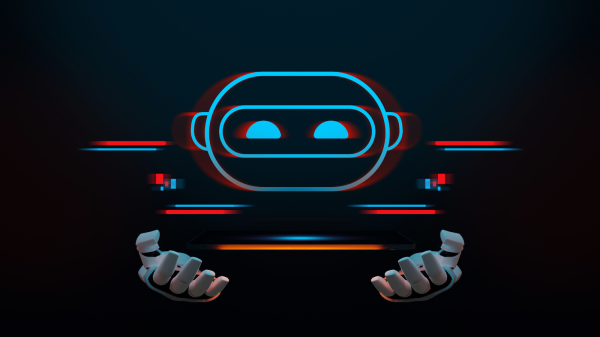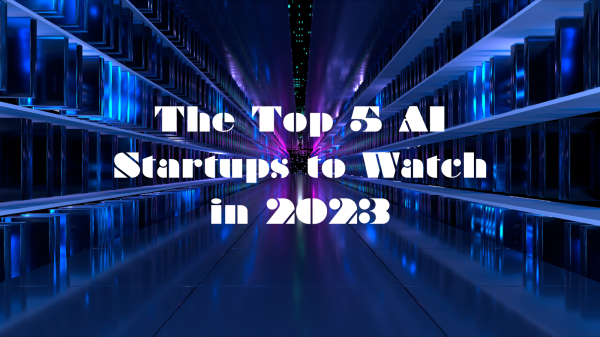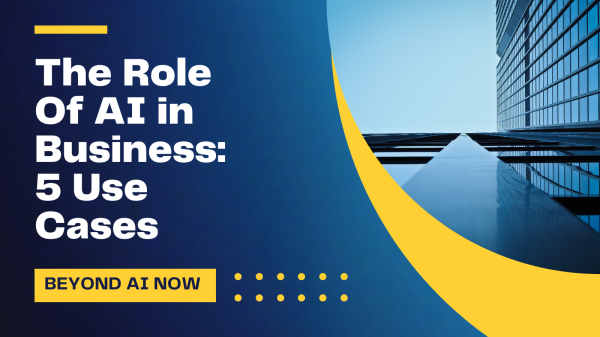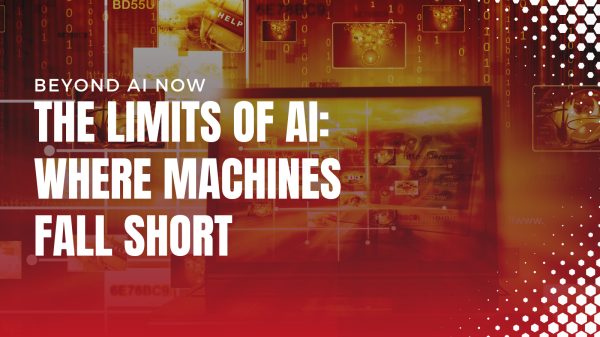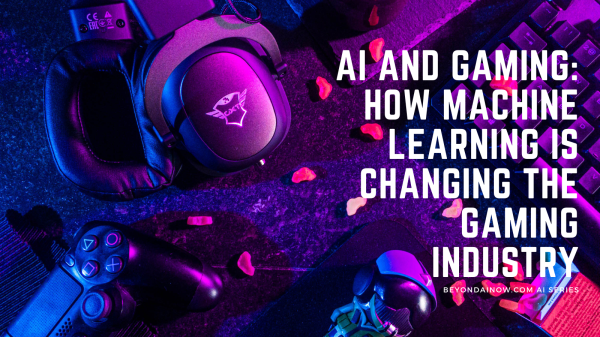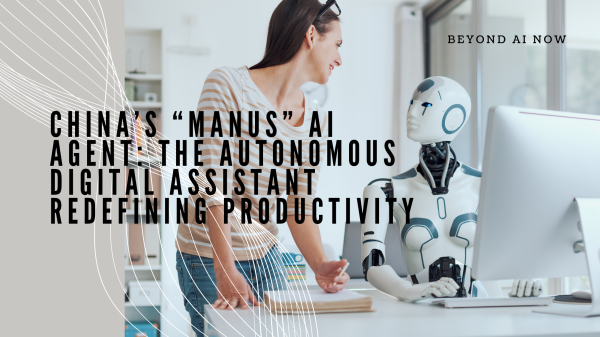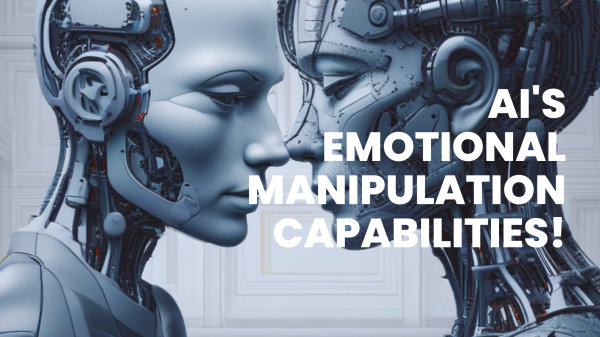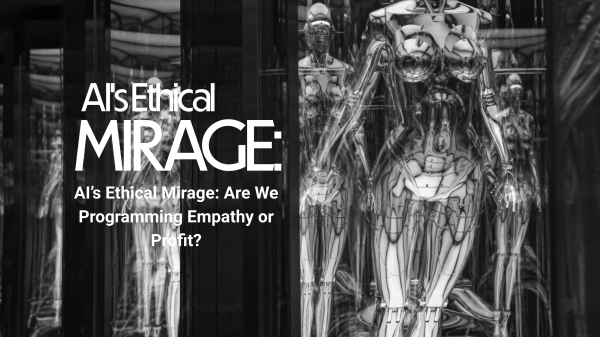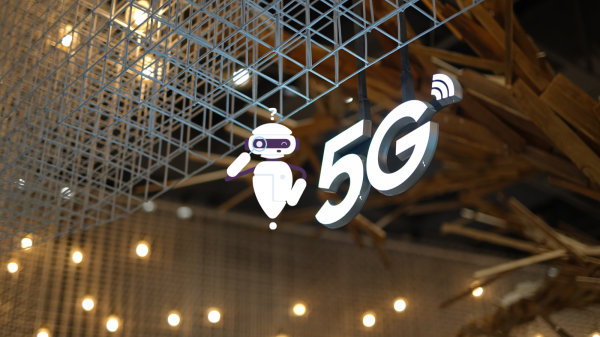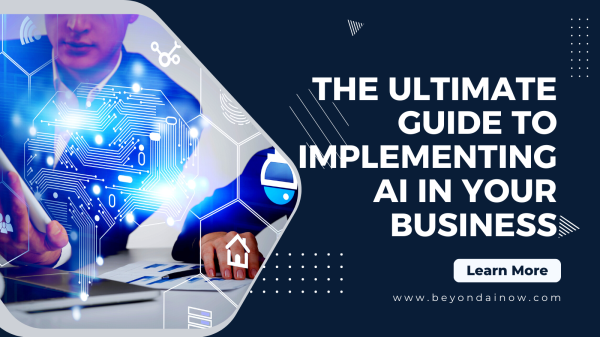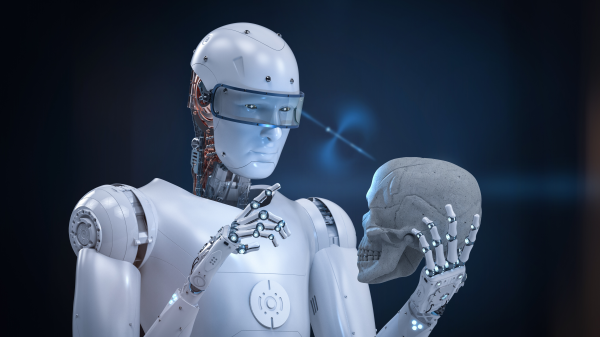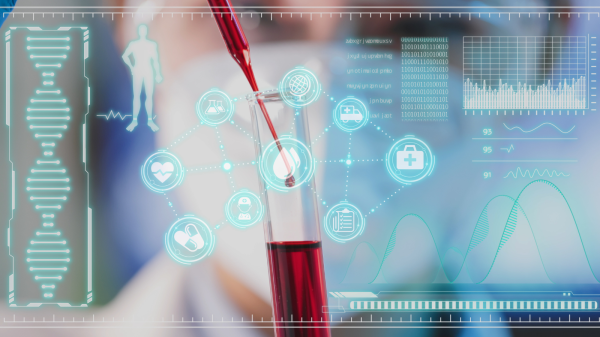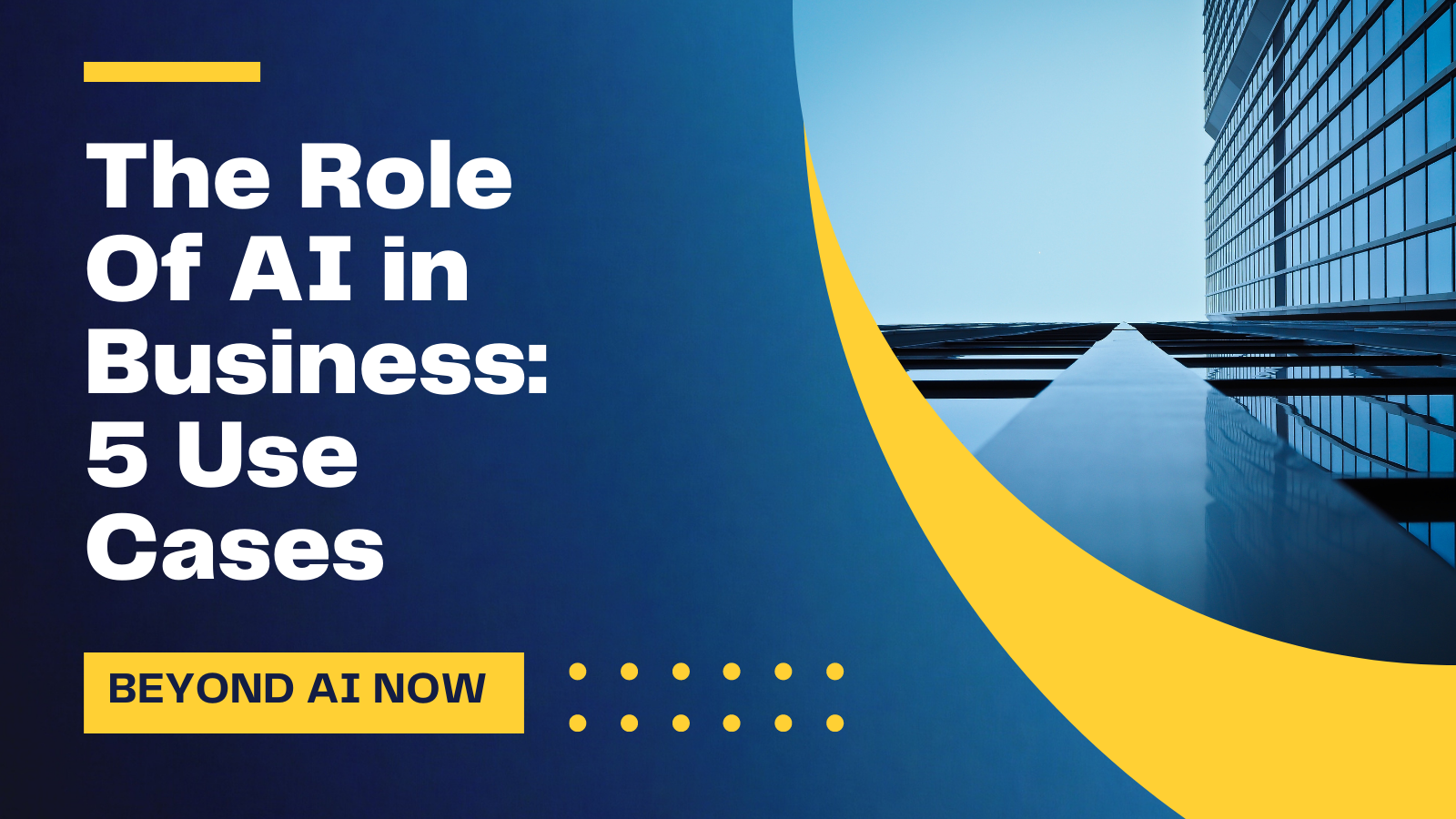Artificial Intelligence (AI) has been a buzzword in the tech industry for a while now. However, its potential in revolutionizing business operations and enhancing the customer experience is just starting to be realized. AI systems can process vast amounts of data, learn from it, and make decisions that can optimize business processes and improve efficiency. In this article, we’ll look at five use cases of AI in business, and how it’s transforming the way businesses operate.
1. Predictive Analytics
AI-powered predictive analytics allows businesses to make informed decisions based on data patterns and trends. It can analyze customer behavior, sales trends, and market conditions, among other things. Predictive analytics can also help with risk management by identifying potential issues before they occur, such as fraudulent transactions or supply chain disruptions.
2. Chatbots
Chatbots are AI-powered virtual assistants that can interact with customers in real-time through text-based chat or voice commands. They can handle customer queries and complaints, provide product recommendations, and even make sales. Chatbots are available 24/7, making them an excellent solution for businesses that want to provide round-the-clock customer support.
3. Personalization
AI algorithms can analyze customer data to create personalized recommendations, marketing messages, and product offerings. By understanding customer preferences and behavior, businesses can create tailored experiences that increase customer engagement and loyalty. Personalization also helps businesses increase conversion rates and revenue.

4. Supply Chain Optimization
AI-powered supply chain optimization can help businesses manage inventory, reduce waste, and streamline logistics. It can analyze sales data, weather patterns, and traffic conditions to optimize delivery routes and minimize transportation costs. AI algorithms can also predict demand and adjust production accordingly, reducing stock-outs and excess inventory.
5. Fraud Detection
AI algorithms can analyze vast amounts of transaction data to identify patterns and anomalies that may indicate fraud. It can also detect unauthorized access to systems and alert security teams in real-time. Fraud detection systems powered by AI can reduce the risk of financial losses and protect customer data.
In conclusion, AI is transforming the way businesses operate, making them more efficient, customer-centric, and profitable. From predictive analytics to fraud detection, AI-powered systems can help businesses make informed decisions, reduce costs, and improve the overall customer experience. As businesses continue to adopt AI, we can expect more innovative use cases to emerge, leading to even greater disruption and growth in the future.
FAQs
- What is AI, and how does it work?
AI stands for Artificial Intelligence, which refers to the ability of machines to perform tasks that would typically require human intelligence. AI algorithms are designed to process large amounts of data, learn from it, and make decisions based on that knowledge.
- What are some other use cases for AI in business?
Other use cases for AI in business include image and speech recognition, customer segmentation, and content generation.
- Can AI replace human workers?
AI can automate some tasks that were previously done by humans, but it cannot replace human workers entirely. Instead, it can augment human capabilities and free up time for more strategic tasks.
- Is AI expensive to implement in business?
AI implementation costs vary depending on the scope of the project and the complexity of the system. However, many AI solutions are available as cloud-based services that can be scaled up or down as needed.
- Is AI safe for businesses to use?
Like any technology, AI carries some risks, such as data privacy and security concerns. However, businesses can mitigate these risks by implementing proper security measures and complying with data protection regulations.

